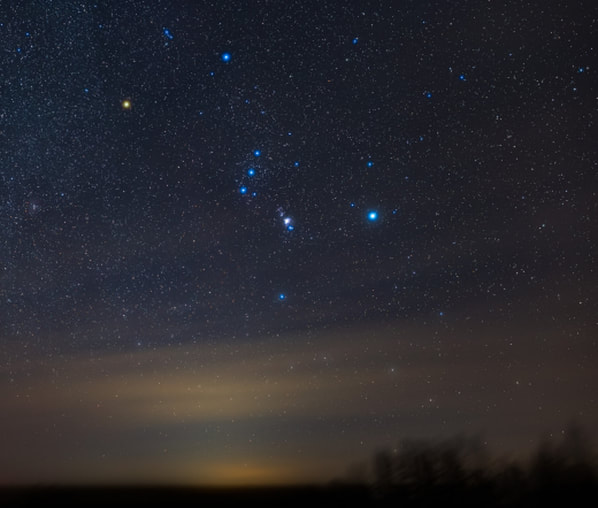Betelgeuse caused a sensation among professional astronomers earlier this month when Edward Guinan of Villanova University and colleagues reported a significant "fainting" of the star. "[Betelgeuse] has been declining in brightness since October 2019, now reaching a modern all-time low of V = +1.12 mag on 07 December 2019 UT," they wrote. "Currently this is the faintest the star has been during our 25+ years of continuous monitoring."
Astronomers have long known that Betelgeuse is on the precipice of an energy crisis. It's about to run out of fuel in its core. When that happens, the star will collapse and rebound explosively, producing the first known supernova in the Milky Way since 1604. Experts in stellar evolution believe Betelgeuse could die at any time during the next 100,000 years--a blink of an eye on time scales of astronomy.
The current dimming did not herald that final blast. Betelgeuse is also a slow variable star, and this seems to be no more than an episode of slightly deeper-than-usual dimming. Orion remains intact ... for now.
www.spaceweather.com

 RSS Feed
RSS Feed